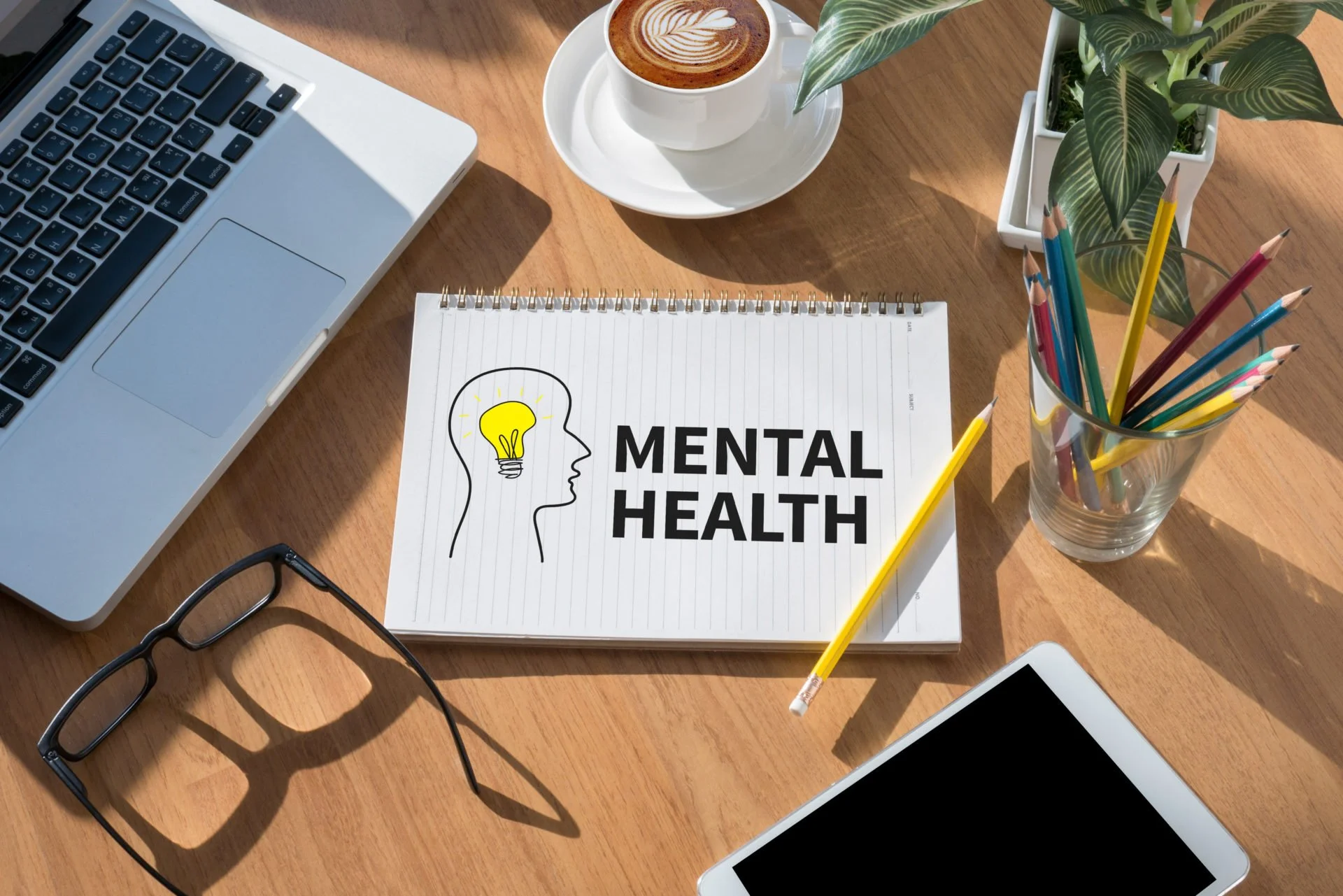Mental health is more than the absence of mental health conditions, instead it is a state of well-being in which an individual realizes his or her own abilities, can cope with everyday normal stresses of life, can work productively and fruitfully, and is able to contribute to his or her community. In 2022, about 55.8% of the global population was working. Existing evidence indicates that an estimated 15% of this working population is living with at least one mental health condition.
G20 New Delhi Leaders Declaration
We are One Earth, One Family, and we share One Future. The Leaders of the G20, met in New Delhi on 9-10 September 2023, under the theme ‘Vasudhaiva Kutumbakam’. They met at a defining moment in history where the decisions they made will determine the future of our people and our planet. It is with the philosophy of living in harmony with the surrounding ecosystem that we commit to concrete actions to address global challenges.
The Climate Dictionary
Climate change adaptation refers to actions that help reduce vulnerability to climate change's current or expected impacts like weather extremes and natural disasters, sea-level rise, biodiversity loss, or food and water insecurity. Many adaptation measures need to happen locally, so rural communities and cities have a big role to play. Such measures include planting crop varieties more resistant to drought and practicing regenerative agriculture, improving water storage and use, managing land to reduce wildfire risks, and building stronger defenses against extreme weather like floods and heat waves.
Facilitators Manual | Youth Participation in Political and Electoral Processes in Africa
This manual will assist facilitators in delivering training sessions related to the African Governance Architecture (AGA) capacity-building training of trainers’ program for youth participation in political and electoral processes. The facilitator’s manual also provides information on facilitation methodologies and strategies to be adopted during training sessions.
Youth Participation in Political and Electoral Processes in Africa | Participants Manual
This participants’ manual will assist participants in following the sessions related to the African Governance Architecture (AGA) capacity-building training of trainers’ program for youth participation in political and electoral processes. The participant manual also provides information on methodologies and strategies to be adopted during training sessions. The youth needs to note that training content for youth participation must be context-specific. The content of this manual must be adjusted to the local, social, geographical, cultural, and political circumstances, and there is no standard training methodology and approach that can be replicated everywhere on the continent.
Guide to Youth Participation in Political and Electoral Processes in Africa
Following a clarion call by the youth during the 2021 African Governance Architecture (AGA) Regional Youth Consultations, the AGA under the auspices of the AGA Youth Engagement Strategy spearheaded the development of a Comprehensive Guide and Facilitator and Participants Manuals on Youth Participation in Political and Electoral Processes in Africa. The Guide and accompanying Manuals were developed in collaboration with the Common Market for East and Southern Africa Secretariat (COMESA) with the support of the Swiss Agency for Development and Cooperation- SDC. The manuals underwent a painstaking research, review, and validation process with the full involvement of youth leaders and experts across the five regions of the continent.
Using Social and Behavior Change in Youth Democracy, Rights, and Governance Programming
Through years of programming and evidence generation, we have learned that focusing exclusively on improving services or systems may not lead to desired outcomes. As such, programs are increasingly focusing on working with individuals, communities, and other groups to demonstrate the impact of utilizing SBC approaches. Understanding what influences behaviors, as well as the barriers to changing them, are critical to bringing about desired changes in these behaviors
IFES Civic Education | Guidebook
Civic education, when rooted in human rights and democratic principles, seeks to develop knowledge of democratic rights and how to exercise them in civic and political processes. It is achieved through activities that aim to develop one’s democratic attitudes, values, and behaviors.5 Civic education can take many forms, including formal, school-based learning, and non-formal learning outside of school systems; it can also take place against a range of democratic landscapes.
The European Youth Cards Association | Promoting Youth Participation
The European Youth Card Association (EYCA) has 40 member organizations in 38 countries. All are committed to promoting youth mobility and active citizenship for young people. EYCA member organizations believe that the young people they work with are not citizens of the future, they are citizens of Europe today and, as such, should be fully involved in decisions and developments that affect them. Member organizations develop and promote participation opportunities for young people – opportunities that give young people the chance to influence their communities, organizations at local and national levels, and what happens in society at large.
Meaningful Youth Engagement
Meaningful youth engagement is a participatory process in which young people’s ideas, expertise, experiences, and perspectives are integrated throughout programmatic, policy, and institutional decision-making structures so as to best inform outcomes. This process requires young people to be involved in all levels and stages of program, policy, campaign, and initiative development, including all stages of design, implementation, and evaluation; this is especially true of those programs that directly affect their lives.











